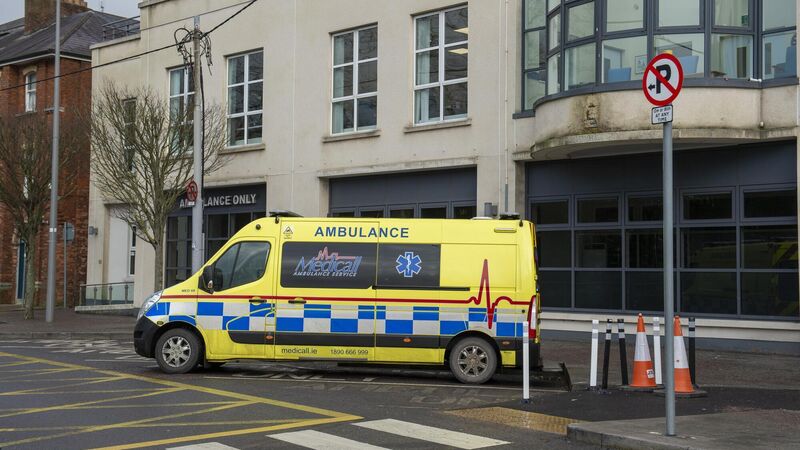Cork's Mercy hospital joins CUH in urging non-emergency patients to stay away

Mercy University Hospital, Cork, has implemented its escalation policy to deal with a surge in activity at its emergency department. Picture: Dan Linehan
Cork's Mercy University Hospital (MUH) has joined Cork University Hospital (CUH) in urging people to stay away from its emergency department (ED) unless it is an emergency.
At CUH, it was taking up to 12 hours to see a doctor yesterday due to ongoing issues from the HSE ransomware attack.













